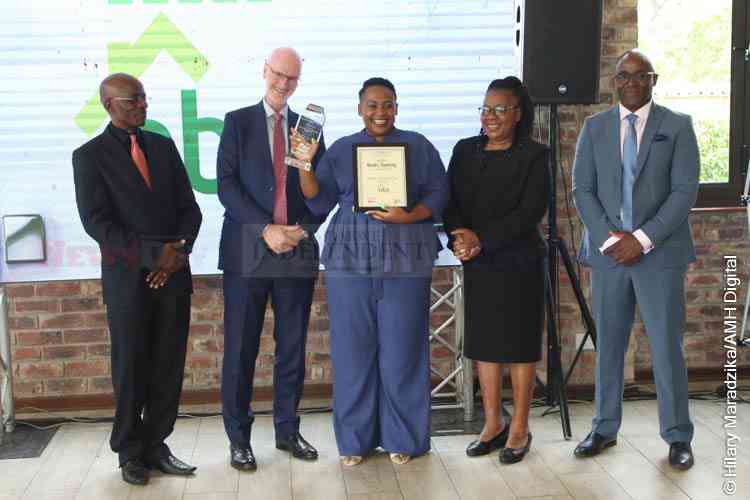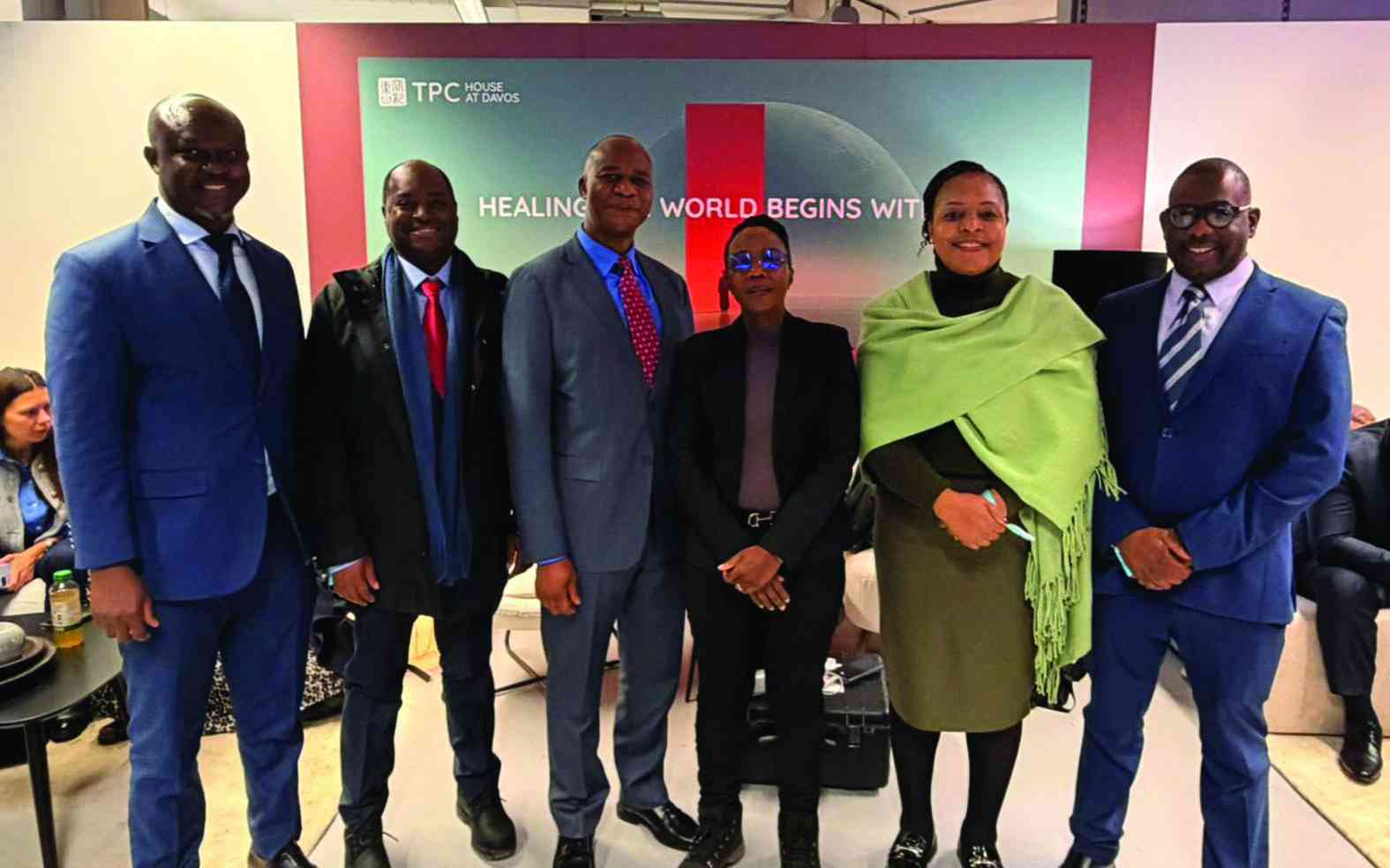
ZIMBABWE’S manufacturing sector is projected to grow at an average of 3,7% next year on the back of value addition and beneficiation activities in the industrial, mining and agricultural sectors, a senior government official has said.
Speaking during the ZimTrade 2022 Exporters’ Conference in Harare yesterday, Industry minister Sekai Nzenza said government had put in place various measures to stabilise the economy and create a conducive environment to enable businesses to thrive.
This, she said, had resulted in the improvement of capacity utilisation of the manufacturing sector from 47% in 2020 to 66% in 2021.
“Cognisant of the prevailing macroeconomic environment, I am advised that the manufacturing sector is projected to grow at an average of 3,7% during 2023, on the back of value addition and beneficiation activities in the industrial, mining and agricultural sectors.
“A recent survey shows that the percentage of locally-produced goods on the supermarket shelves stands at 80%,” she said.
The manufacturing sector realised a 5,5% increase in exports to US$404 million in 2021.
Within the same period, overall capacity utilisation in the manufacturing sector rose to 56,25%, while capacity utilisation for large-scale manufacturing sector firms increased to 62,7% — the highest level recorded since 2012.
Finance minister Mthuli Ncube, who officially opened the conference on behalf of President Emmerson Mnangagwa said Zimbabwe had set a target to achieve a 30% annual growth rate in the horticultural sector by 2030.
- Teachers, other civil servants face off
- Society must change its negative perception on disability
- Veld fire management strategies for 2022
- Magistrate in court for abuse of power
Keep Reading
“I am very pleased to note the extraordinary performance of our country’s blueberries on the international market over the past year owing to their superior quality,” he said.
Ncube said government was steadfast in its pursuit of image building, as well as foreign engagement and re-engagement efforts.
He said a strong national brand raised the competitiveness of “our domestic goods, increases export demand, and attracts foreign investment to our country”.
“Accelerating the ongoing ease of doing business reforms to lower transaction costs actively supports our successful engagement and re-engagement with the global community.
“The government is also dedicated to come up with sustainable solutions for challenges that face our exporters. Indeed, as the world is recovering from a pandemic, with an imminent global recession, measures to improve product competitiveness have been instituted,” he said.
Foreign Affairs minister Frederick Shava said trade negotiations under the African Continental Free Trade Area (AfCFTA) were progressing well.
“Zimbabwe has now submitted her tariff offers under the African Continental Free Trade Area and is now awaiting the technical verification by the AfCFTA secretariat. Once verified, we will prepare the necessary legislation to start trading under the agreement,” he said.
“In this regard, exporters should now focus on diversifying their exports into non-traditional African markets. This agreement will connect us with new markets which we have not been traditionally exporting to.”
Shava said the AfCFTA was a driver of local production across the continent, hence “we should not lose sight of the fact that it will also open our market to more competition. I would like, therefore, to encourage local industries to invest in technology and lean manufacturing to improve competitiveness and boost exports to the international market.”
He said the government, through the National Development Strategy 1, was in the process of developing a number of value chains, which include leather, cotton and fertilisers. These value chains, once fully developed, will position Zimbabwe as a global powerhouse in the export of high value manufactured products on the international market.
Currently, 54 of the 55 African countries have signed the agreement, and 41 countries have ratified it.
Follow us on Twitter @NewsDayZimbabwe











